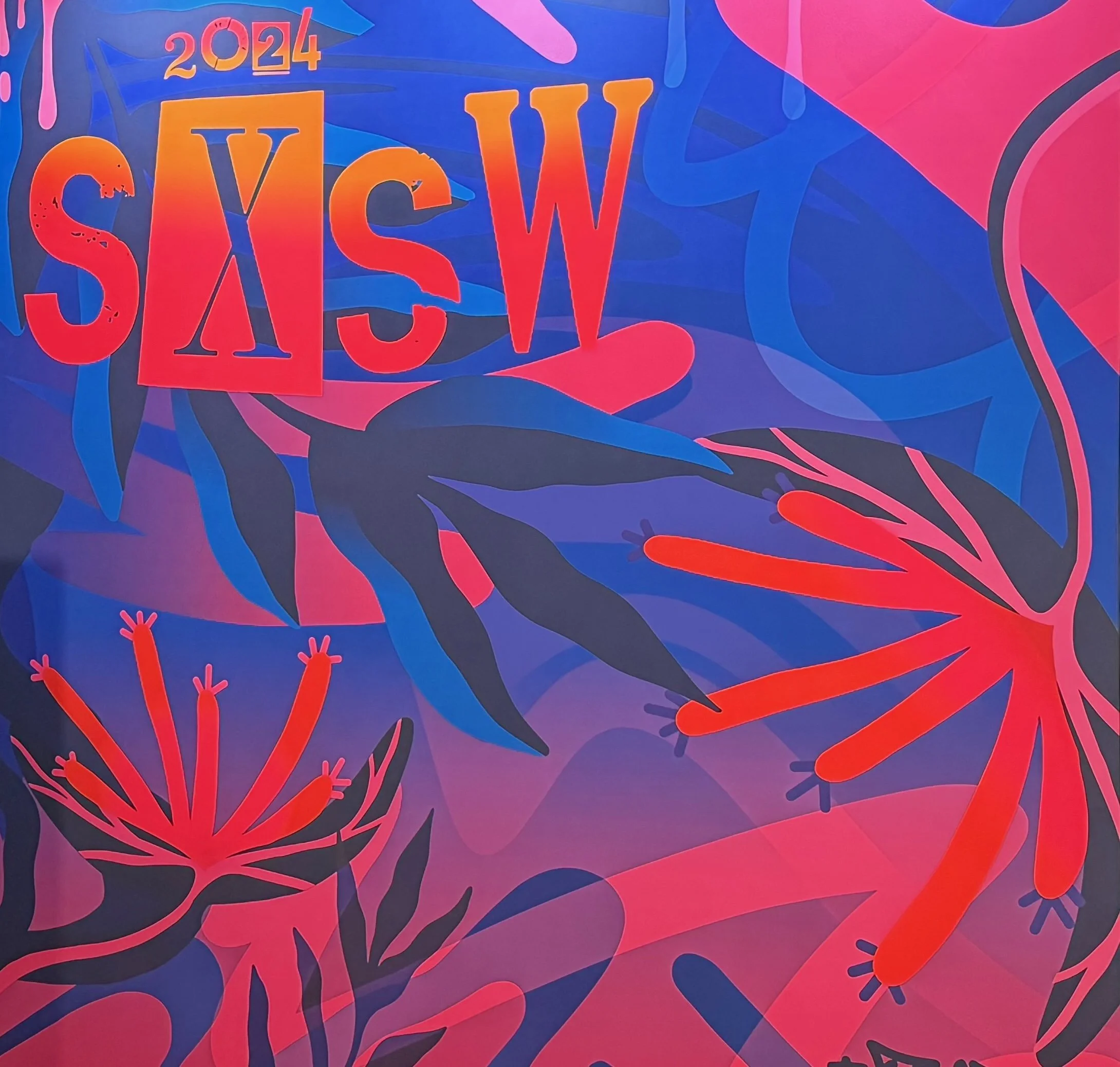I happened to be in New York a couple of weeks ago and had an opportunity to check out a really interesting panel discussion that was the brain child of Serial Marketer publisher David Berkowitz. He opened the panel by asking something to the effect of: “It has been said that influencers are the worst. Discuss.” What followed was a wide-ranging and very informative discussion on the influencers space writ large.
My key takeaway from the discussion was an obvious one: influencer marketing can be an effective strategy for brands - if it is executed well. As usual, the devil is in the details. Questions around how to properly measure, how to remain authentic (for both the brand and the influencer), and how to maintain trust in a world of fake news and deepfakes - have no clear answers. Against a backdrop filled with those sorts of questions that begin to tiptoe into moral and ethical territory - and with an increasing “techlash” driven by in part by privacy and data security negligence, one really begins to wonder about the future of influencer marketing.
And then, this story broke. Influencer Marissa Casey Fuchs, known on Instagram as @fashionambitionist, shared a video to her 160,000-plus followers - in which her boyfriend professes his love and tells her that she’s about to embark on “an extraordinary adventure.” A multi-city scavenger hunt follows, and ultimately culminates in a marriage proposal. So exciting for her followers to watch the adventure unfold in real time, right? But what if it was all planned out in advance and pitched to brands well in advance as a sponsorship opportunity? Does that make it any less interesting to her followers? Does the fact that it may have been planned out in excruciating detail and made available to the highest bidder make it less authentic?
Perhaps there’s an answer in my favorite quote from the piece, via Deutsch Los Angeles’ head of strategy, Kelsey Hodgkin, who put it this way:
“The more influencers are fabricating scenarios for brands to be part of, the less influential they become.”
Look, I don’t know the right path forward, but I do believe that we as an industry are walking a very fine line, and if we are not careful, we risk losing credibility with the very audiences we are trying to connect with. We must proceed with carefully measured steps.
Read the full story at The Atlantic.



